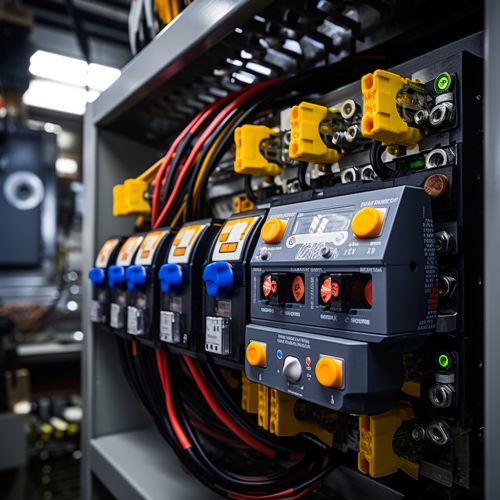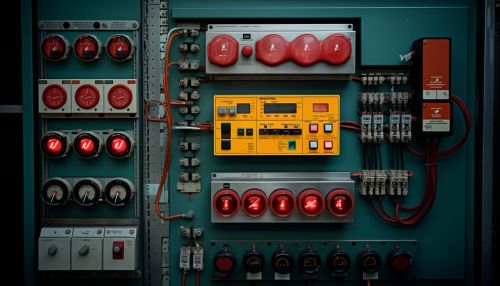Control Theory
Introduction
Control theory is a branch of mathematics that deals with the behavior of dynamical systems. The desired output of a system is called the reference. When one or more output variables of a system need to follow certain reference over time, a controller manipulates the inputs to a system to obtain the desired effect on the output of the system.


History
Control theory has its roots in the field of engineering and dates back to the 19th century. The first practical applications of these principles were for the automatic control of steam engines, to regulate the speed of steam engines with governors, a device that automatically regulates the fuel supply to the engine in order to maintain a near-constant speed.
Mathematical Foundations
The mathematical foundations of control theory are based on differential equations and linear algebra. The mathematical models of the systems are represented by differential equations, while the properties of these systems are analyzed using linear algebra.
Types of Control Systems
Control systems are broadly classified into two types: open-loop control systems and closed-loop (feedback) control systems.
Open-Loop Control Systems
In an open-loop control system, the control action is independent of the output. The accuracy of the system depends on the calibration of the system. These systems are generally simple and easy to construct but they lack accuracy and reliability.
Closed-Loop Control Systems
In a closed-loop control system, the control action is dependent on the output. The output is constantly measured and compared with the reference value, and the difference between the two is used to drive the system. These systems are more accurate and reliable than open-loop systems, but they are more complex and require more maintenance.
Control Theory in Engineering
Control theory is widely used in engineering and industrial applications. It is used in the design of systems that require a specific output for a given input, such as in the design of automatic pilots, industrial process control systems, and electronic amplifiers.
Control Theory in Economics
Control theory has also found applications in economics. It is used in the analysis of economic systems and in the design of policies that aim to control economic variables such as inflation and unemployment.
Control Theory in Biology
In biology, control theory is used to understand the behavior of biological systems, such as the human body. It is used in the study of homeostasis, the process by which the body maintains a stable internal environment despite changes in external conditions.
Control Theory in Computer Science
In computer science, control theory is used in the design of algorithms and software that control the behavior of systems. It is used in the design of operating systems, network protocols, and real-time systems.
